The American Dream vs. Economic Reality
Once upon a time, the American Dream symbolized success through hard work and perseverance. But in 2025, that dream feels more like a mirage. Despite longer hours, higher productivity, and record-breaking corporate profits, millions of Americans are earning less in real terms than they did decades ago.
So, what caused this great disconnect between work and wealth?
Let’s dive deep into the reality behind why Americans are working harder but taking home less and what it means for the future of the middle class.
📊 1. The Productivity-Pay Gap: When Hard Work Stops Paying Off
One of the biggest economic paradoxes of our time is that worker productivity keeps rising, but wages have barely moved.
| Year | Worker Productivity (Indexed) | Average Hourly Wage (Indexed) |
|---|---|---|
| 1979 | 100 | 100 |
| 2000 | 165 | 117 |
| 2025 | 250 | 130 |
Insight: While productivity has soared by over 150% since 1979, wages have increased by just 30%, adjusted for inflation.
This means Americans are producing more value for companies than ever but receiving a smaller share of the rewards.
💰 2. Inflation Is Outpacing Wages
The cost of living has skyrocketed, outpacing wage growth across housing, healthcare, and education.
| Expense Category | 2000 Avg. Cost | 2025 Avg. Cost | % Increase |
|---|---|---|---|
| Rent (Monthly) | $675 | $1,800 | +166% |
| Healthcare Premiums | $2,500/year | $7,200/year | +188% |
| College Tuition | $3,500/year | $12,500/year | +257% |
| Median Income (Inflation-Adjusted) | $63,000 | $58,000 | -8% |
Even as people work more hours, real purchasing power is shrinking.
🧠 3. Corporate Profits vs. Worker Pay: A One-Sided Boom
Corporate America is thriving. Tech giants, financial firms, and retail behemoths are posting record profits yet wages for frontline workers remain stagnant.
- CEO pay has risen 1,200% since the 1980s
- Average worker pay has risen only 15%
- Stock buybacks hit $1 trillion in 2024, instead of funding wage increases
The wealth gap between executives and employees has become a defining feature of modern capitalism.
🏠 4. The Shrinking Middle Class
The middle class once the engine of the American economy is being hollowed out.
- 62% of Americans now live paycheck to paycheck
- 43% can’t cover a $400 emergency
- Home ownership among millennials is at a record low
The idea of stable employment, affordable housing, and retirement security is slipping away. The result? A fragile economy built on credit and burnout.
🕰️ 5. The Rise of the “Overworked Underpaid” Generation
The digital economy promised flexibility. Instead, it brought gig work, unpaid overtime, and job insecurity.
Many Americans now juggle:
- 2–3 jobs
- Side hustles just to cover rent
- Longer workweeks without benefits or pensions
The so-called “freedom” of flexible work often means freedom from stability.
🧩 6. The Systemic Problem: Who Really Benefits from Growth?
America’s economic model rewards capital over labor.
Those who own assets like stocks, real estate, or intellectual property gain wealth exponentially.
Meanwhile, wage earners see little benefit from economic growth.
This isn’t just unfair — it’s unsustainable. Without purchasing power, the very consumers driving the economy will eventually collapse under debt.
🔍 7. Is There a Way Forward?
To fix the great disconnect, experts suggest:
✅ Wage reform: Tying pay to productivity growth
✅ Tax fairness: Closing loopholes for corporations and billionaires
✅ Union empowerment: Strengthening worker bargaining power
✅ Affordable living: Addressing housing and healthcare inflation
“An economy that only works for the top 1% isn’t sustainable it’s a ticking time bomb.”
🌍 Conclusion: The New American Dilemma
The American worker is at a crossroads. Working harder no longer guarantees a better life.
If the current system continues, the American Dream may fade into history — replaced by a cycle of overwork, underpay, and exhaustion.
But awareness is the first step toward change. The question is:
Will America redistribute prosperity, or continue widening the gap between work and reward?
✨ Final Thought
At Elite Era Trends, we believe that knowledge drives empowerment.
Understanding this economic shift is key to building a fairer, smarter, and more sustainable future for all Americans.
For AI Automation: Elite Era Dev


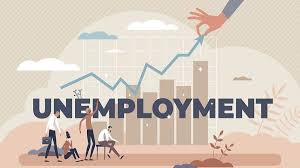
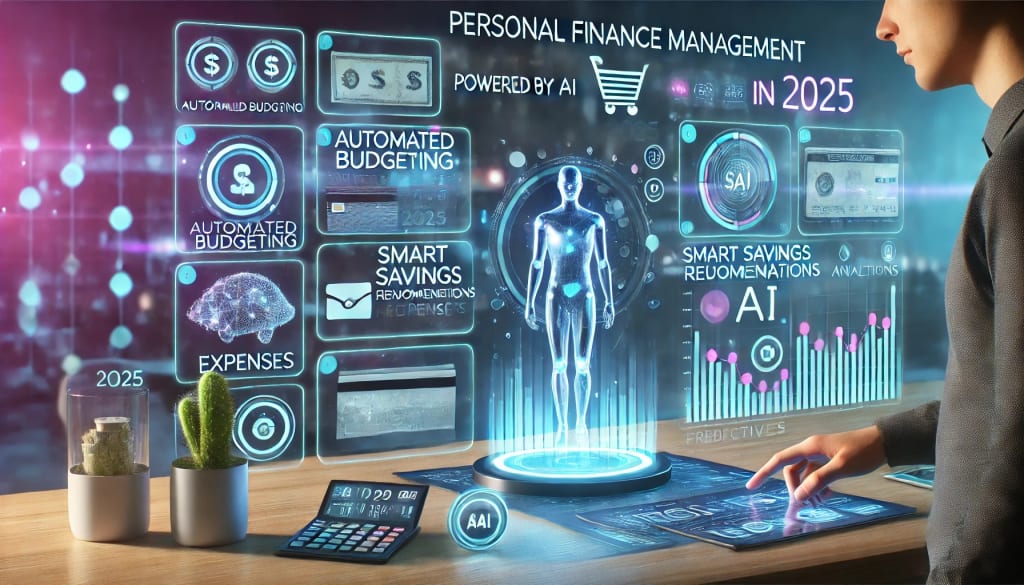
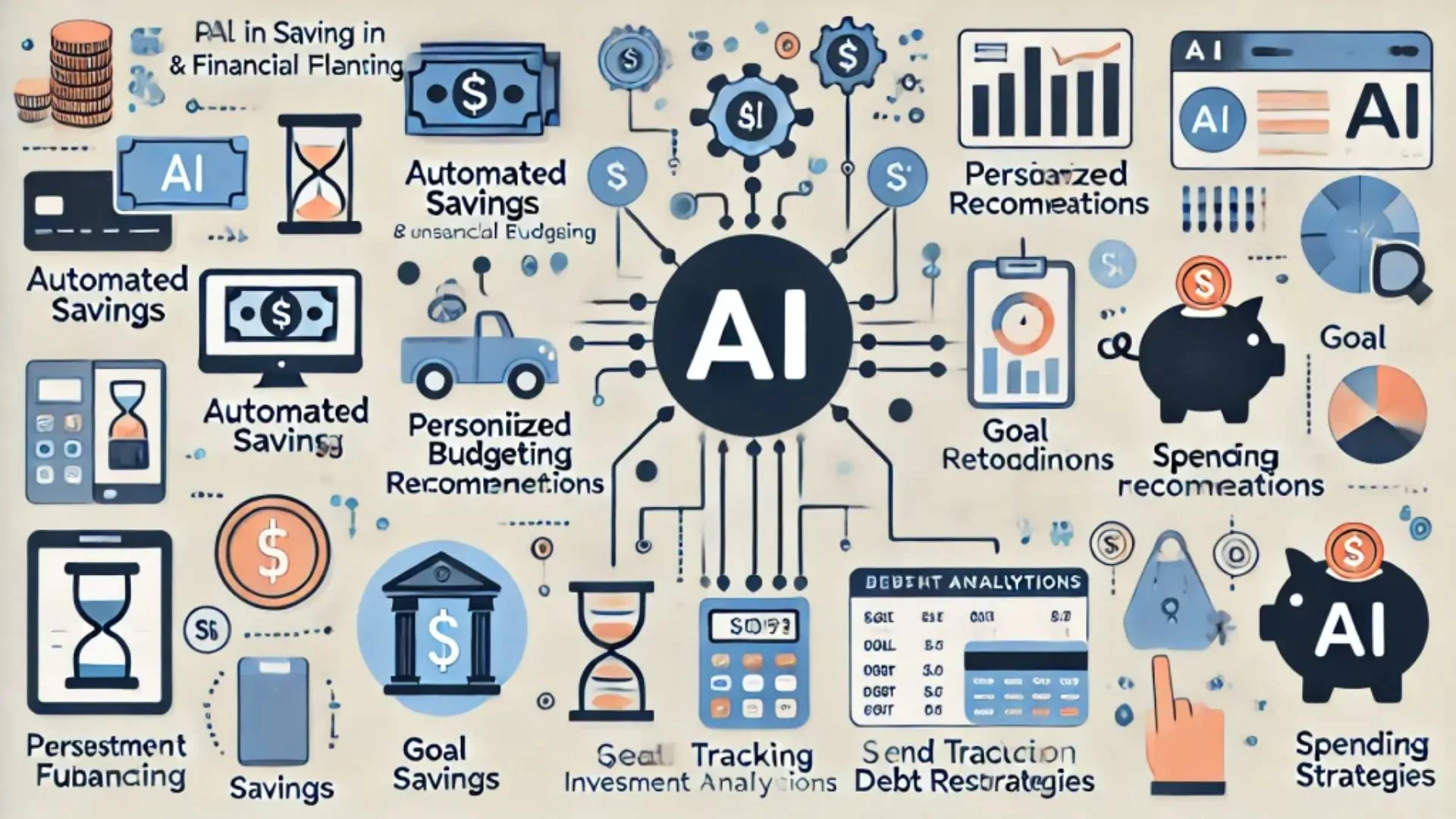
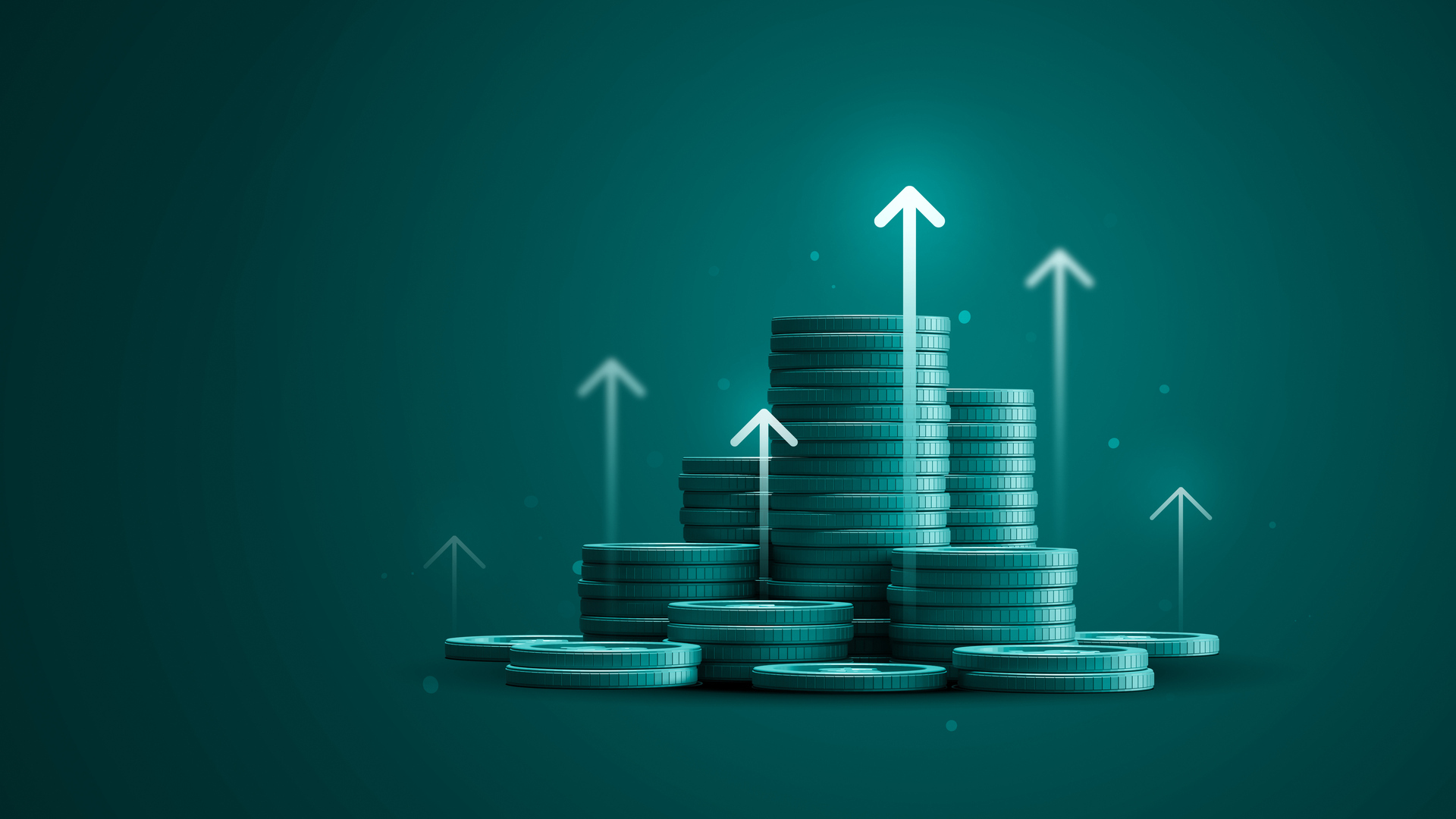
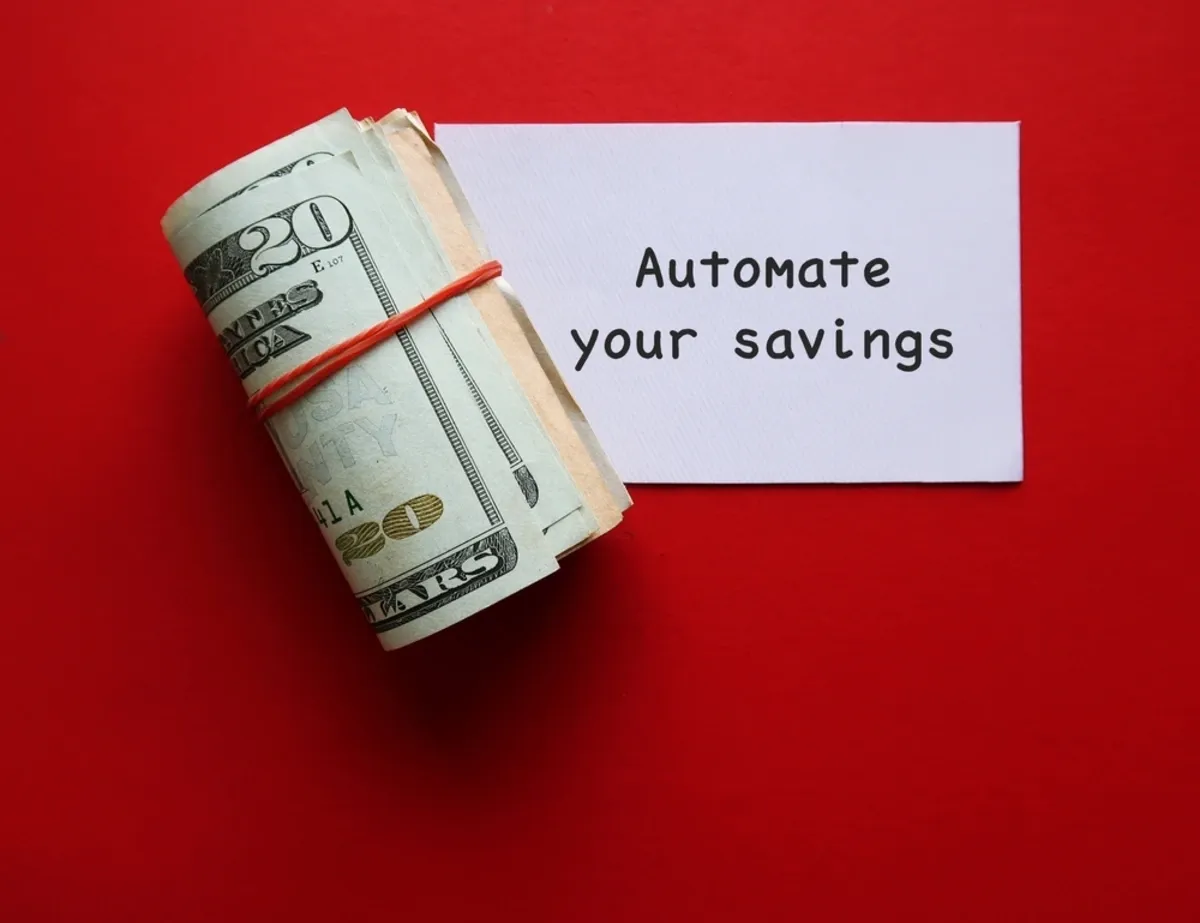
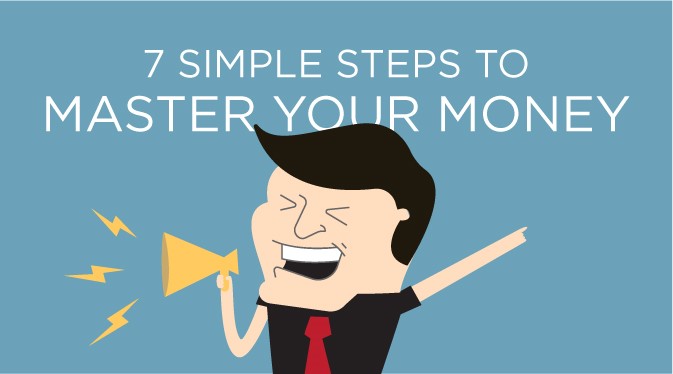

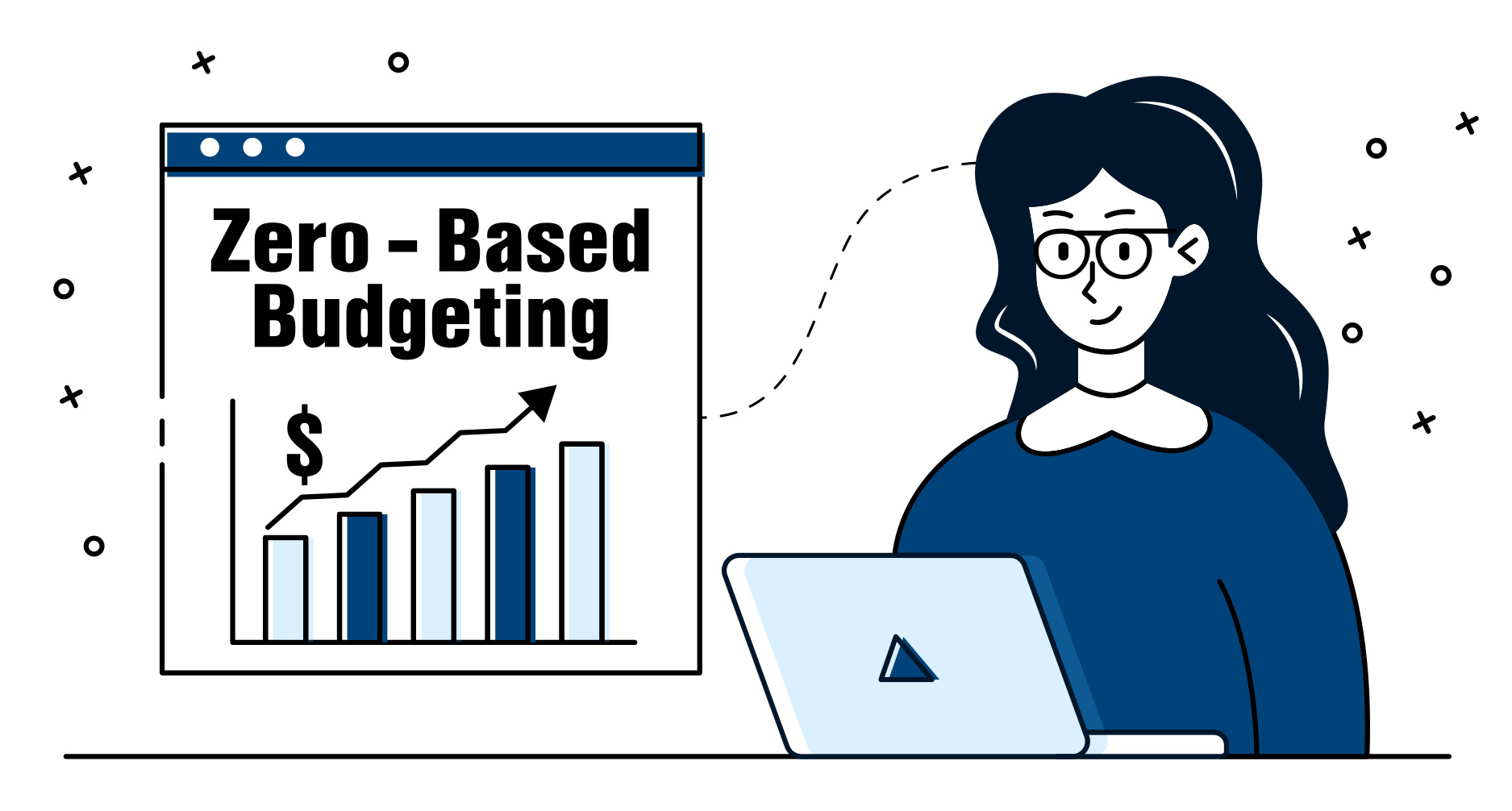



Leave a Reply